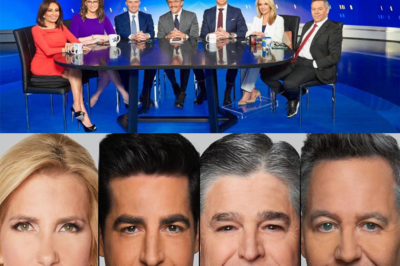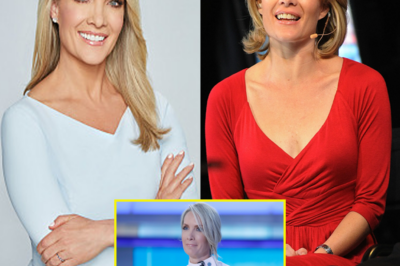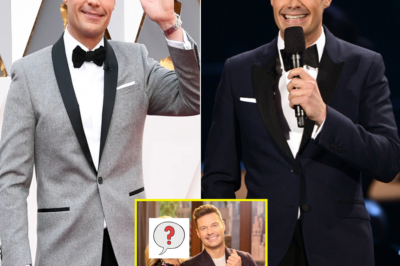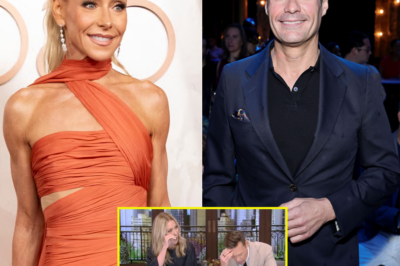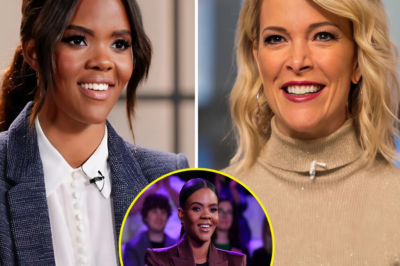Controversial Call: Lin Dunn Says Brittney Griner Should Be Removed from U.S. Olympic Team Over Anthem Protest
In a bold and controversial statement, Lin Dunn, former coach of the Indiana Fever and a respected figure in the basketball world, has called for Brittney Griner’s expulsion from the U.S. Olympic Team, citing Griner’s previous protests during the national anthem.
Dunn, who is known for her outspoken opinions, made it clear that she believes any athlete who disrespects the American anthem should not be allowed to represent the United States on the world stage. “You disrespect the American anthem, you don’t deserve to represent this country,” Dunn said in her recent remarks, which have sparked widespread debate and reaction from fans and critics alike.
The Anthem Controversy That Sparked the Call
Brittney Griner, a WNBA star who made headlines both for her skills on the court and her activism off it, took a knee during the national anthem at various events in protest of racial inequality and police brutality. While many applauded her decision as an act of solidarity with marginalized communities, others—including Dunn—viewed it as a direct affront to the values of patriotism and respect for the nation.
Dunn, who has coached at both the collegiate and professional levels, believes that athletes should show unwavering respect for the anthem and the country that allows them to compete at the highest level. “Representing the United States is an honor. If you can’t stand for the anthem, then maybe you shouldn’t be standing for the country at all,” Dunn stated.
Public Reaction: Divisive Opinion or Valid Concern?
Dunn’s comments have caused a firestorm of reactions across the sports community and beyond. Some agree with Dunn, arguing that athletes who represent the United States should show full respect for the nation, its symbols, and its history. For them, Griner’s protests during the anthem are viewed as disrespectful, even if they are rooted in important social issues.
However, others see Dunn’s call as misguided and out of touch with the realities of social justice movements. Many fans and fellow athletes support Griner’s right to protest and feel that her actions during the anthem were a powerful stand for equality and human rights.
Some of Griner’s supporters have already voiced their frustration with Dunn’s remarks, calling them disrespectful to the athlete’s right to free speech. “Brittney Griner has used her platform to fight for what she believes in, and that’s the very essence of being an American,” one social media user argued.
The Larger Debate: Patriotism vs. Protest
At the heart of this controversy lies a broader discussion about patriotism and the right to protest in America. The national anthem has long been a symbol of unity, but in recent years, it has become a flashpoint for discussions about race, injustice, and inequality.
While some argue that protesting during the anthem undermines the values of unity and respect, others believe that the act itself is a necessary and powerful form of protest that highlights the ongoing struggles faced by marginalized communities. Griner, like other athletes before her, has used her platform to call attention to systemic issues that affect people of color, especially within the context of law enforcement.
What’s Next for Griner and the U.S. Olympic Team?
As the debate continues, it remains unclear whether Griner’s place on the U.S. Olympic Team will be affected by Dunn’s call for her expulsion. Given Griner’s prestige as one of the best basketball players in the world, her standing with the team may be more secure than some believe. However, the controversy surrounding her protests has undoubtedly created tension in the broader public conversation about the role of athletes in political activism.
The coming months will likely reveal whether Lin Dunn’s call for expulsion will have any significant impact, or whether Griner’s powerful voice will continue to resonate on the global stage. Regardless of the outcome, this story has sparked an important discussion about the balance between freedom of expression and national respect in the world of sports.
News
“Fox News’ The Five Makes History by Beating CNN and MSNBC—First Non-Primetime Show to Dominate Cable News Ratings!”
“Fox News’ The Five Makes History by Beating CNN and MSNBC—First Non-Primetime Show to Dominate Cable News Ratings!” In a…
“Why Is Dana Perino Missing from Fox News? Fans Are Fearing the Worst After Her Sudden Disappearance”
“Why Is Dana Perino Missing from Fox News? Fans Are Fearing the Worst After Her Sudden Disappearance” Fox News viewers…
“Ryan Seacrest Teases Engagement and Reveals a Mystery Woman—Fans Can’t Stop Speculating About His New Love!”
“Ryan Seacrest Teases Engagement and Reveals a Mystery Woman—Fans Can’t Stop Speculating About His New Love!” Ryan Seacrest, the ever-charismatic…
“Ryan Seacrest’s Secret Bad Habit That Ruined His Partnership with Kelly Ripa on Live—Is This Why They Went Separate Ways?”
“Ryan Seacrest’s Secret Bad Habit That Ruined His Partnership with Kelly Ripa on Live—Is This Why They Went Separate Ways?”…
SHOCKING TWIST! Sidwell Reveals Spencer Didn’t Die—He’s Alive, and What He’s Been Hiding Since His “Death” on General Hospital Will Leave You Speechless…
SHOCKING TWIST! Sidwell Reveals Spencer Didn’t Die—He’s Alive, and What He’s Been Hiding Since His “Death” on General Hospital Will…
It’s Official: CBS Drops $700 Million to Launch Megyn Kelly & Candace Owens as The View’s Ultimate Rivals—This Explosive Morning Show Duo Promises No Censorship, No Apologies, and No Holding Back!
It’s Official: CBS Drops $700 Million to Launch Megyn Kelly & Candace Owens as The View’s Ultimate Rivals—This Explosive Morning…
End of content
No more pages to load


